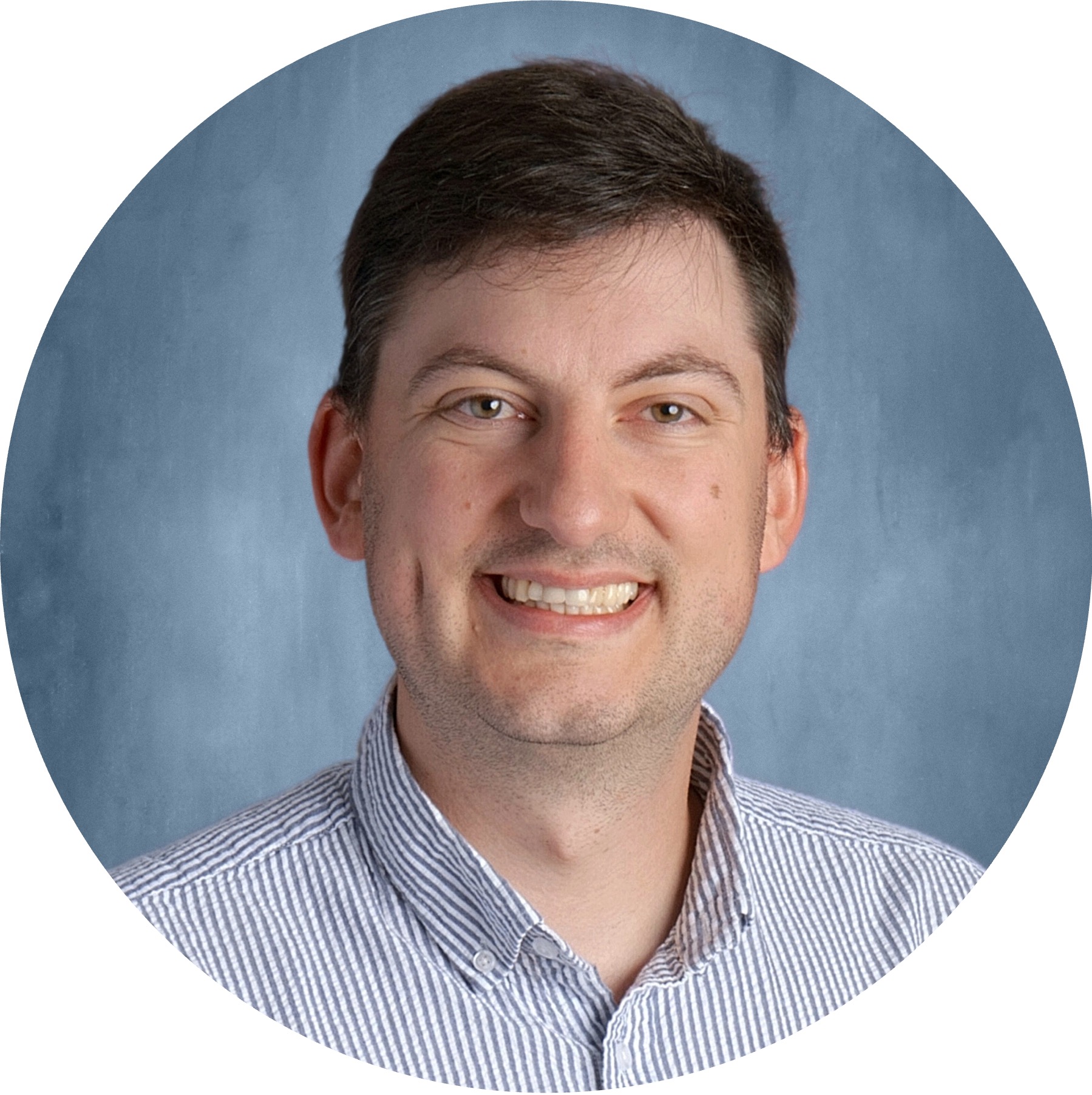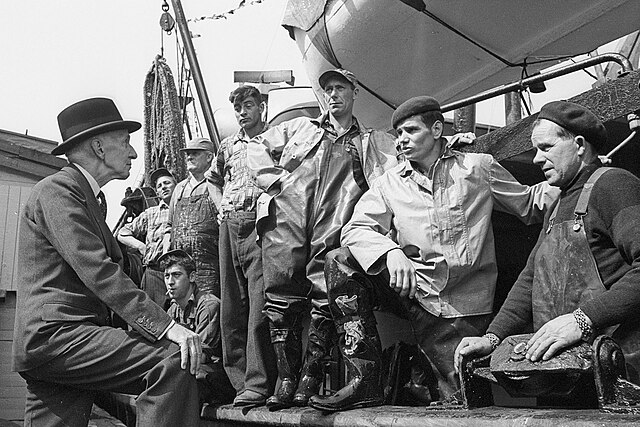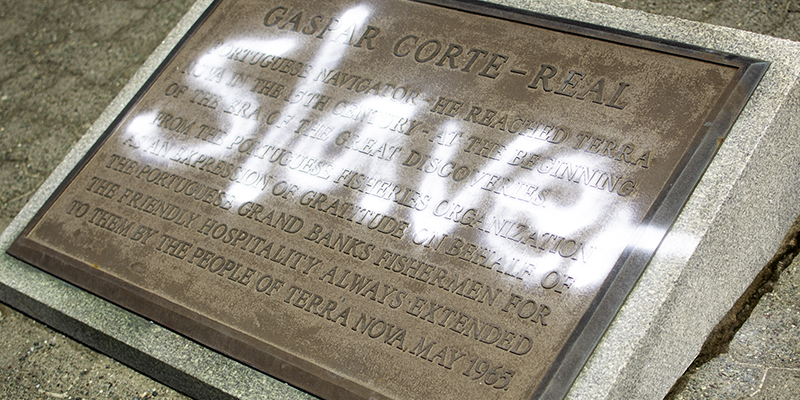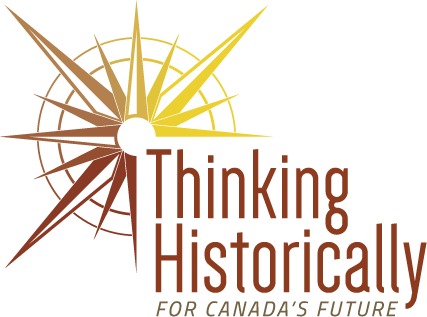Ben Riche,
History, English, and Entrepreneurship Teacher
Ben Riche is currently teaching English and Entrepreneurship at Mount Pearl Senior High. At the time he spoke about his teaching practice with us, he taught at Beaconsfield Junior High, a public school in St. John’s, Newfoundland. This marks his 10th year teaching. Ben spoke of the educational opportunities afforded by his school’s proximity to historic homes, National Historic Sites, and St. John’s Bowring Park where students can see “history memorialized.” This context provides alternative classroom approaches such as historic walks and outdoor learning experiences. Ben observed that students in West End St. John’s tend to be “generational townies;” families who have lived in the city for multiple generations with deep connections to the community but can be disconnected from the experiences and histories of rural Newfoundlanders. Ben also described challenges of his school context including students who experience poverty and housing insecurity. Ben explained that in his school there is a striking difference between students within the catchment zone, resulting in: “some of the poorest of the poor in our city, and some of the wealthiest of the wealthy in our school.”

Mount Pearl Senior High
Mount Pearl, Newfoundland and Labrador

Civic Engagement
Ben’s history teaching emphasizes bringing the past into the present to challenge students to participate in changing the conditions of their current social realities.
Ben uses contemporary local issues to connect history to students’ current struggles. He stated: “in a roundabout way, I tried to get to civic engagement, by talking about current events.” However, while Ben brings past issues into the present day, he also offers students the opportunities to think of solutions and find ways of creating better futures. Ben said he does this by: “constantly reminding the students that they are in the process of making history and forming history for whoever comes after them.”
Ben has the regionally distinct experience of teaching grade 8 in Newfoundland where history classes are “exclusively the history of Newfoundland from approximately 1800 onward.” Though seen as a challenge, Ben grounds his teaching in the possibility of change through connecting to local community histories. For him, spotlighting Newfoundland history includes: “the history of our fishermen’s unions and talking about the history of people who don’t have many protections.”
Making worker protections, strikes, and issues relevant to students’ needs and part of the history classroom is Ben’s way of building civic engagement into the learning community. He hopes his teaching “gives [the students] the opportunity to do something subversive, to have a role in speaking up, when a lot of them feel silenced and misunderstood by institutions.”
Ben’s approach to teaching and civic engagement centers “putting students in the history of struggle and of civil struggle.”

Historical Thinking
Focusing on the connections between students’ lives and historical artifacts relevant to their learning, Ben contends that students engage with history best when their perspective and exploration are part of the learning process.
Ben asks students to engage in ‘doing’ history rather than using traditional assessment tools such as tests or exams. Ben said: “the biggest tip that I got was ‘what is the point of testing history?’ It’s not authentic.” As such, Ben provides students with primary source materials to analyze and to produce their own work. He advised; “have them make something that didn’t exist before. That little bit of ownership is very helpful.”
Another aspect of student ownership for Ben involves making history “as local as possible. It has to be such that students can see the evidence of the history in their daily lives, or it just does not matter to them.” This perspective informs Ben’s advice for future teachers: “If you can’t draw a straight line between whatever you’re trying to teach and these kids, their day, their neighborhood, their city, and their province, it’s going to be like banging your head against the wall.”
To teach local histories, Ben created an activity on the public debate surrounding a local statue of a Portuguese explorer who kidnapped and sold Indigenous Beothuk peoples into slavery. He introduced students to “a letter, written by an Italian, who, we are pretty sure, saw these Beothuk come ashore on a Portuguese vessel.” Although, as Ben remarked, “my students really struggle with literacy,” he “still felt it important to get into the nitty-gritty of primary sources, try to read language that’s 500 years old, really try to do some history, small scale, and then show them how our history is all around us.”
“Doing history is not about facts and dates. Don’t listen to whatever your parents or grandparents have to say to you about what learning history is. Learning history is understanding why 2023 is unfolding the way that it is.”
Co-created by Ben Riche and Christine Moreau
